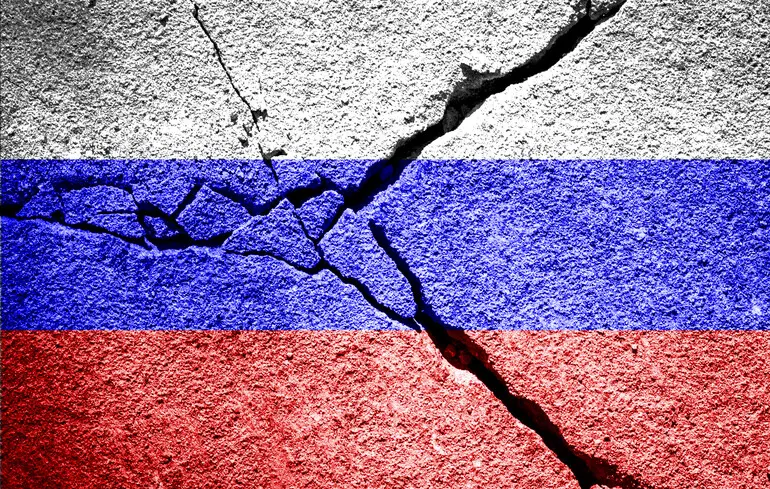Russia Prepares for a New Round of Economic Challenges: Tax Hikes and Spending Cuts Amid War and Sanctions

Russia is currently undergoing a complex process of adjusting to new economic realities, including increased tax burdens and significant reductions in government spending.
Officials and analysts confirm that the country faces substantial financial pressure due to a prolonged war with Ukraine, which has now lasted over three years, combined with extensive sanctions that restrict revenue from oil and gas exports.
Moscow is actively preparing for new economic hurdles, striving to maintain high defense and security expenditures despite a growing budget deficit nearing 62 billion dollars.
Meanwhile, declining energy prices and sanctions’ adverse effects have led to decreased state revenues and rising inflation, complicating the country’s financial stability.
Recent negotiations at Alaska between President Putin and U.S.
President Trump failed to produce a ceasefire agreement, granting Moscow a strategic advantage but also threatening its fiscal stability.
The country’s economy shows signs of cooling down: interest rate hikes are easing from 20-year highs, yet the budget deficit continues to grow, and the risk of a recession becomes more tangible.
Experts emphasize the urgent need for budget consolidation, though given reduced oil and gas revenues and increased military expenditure, this task remains highly challenging.
Despite assurances from government officials that military spending will be reduced, underlying expenses still remain high, with projections for 2025 budget allocations of about 8% of GDP dedicated to defense and security.
Predictions of continued military expenditure growth in forthcoming years further add to the pressure, as the country aims to fund ongoing warfare and defense needs.
Domestic reforms and cuts in education and healthcare funding are already noticeable as part of the GDP decline, which raises concerns among economists.
The primary challenge is raising taxes and cutting social spending, which are deemed essential measures to reduce the deficit and maintain financial stability in an ongoing war climate.
Russia’s economy must navigate a long path from crisis-like signs to stabilization, with current indicators reflecting a state akin to coma that requires radical reforms and strategic budget reorientation.

